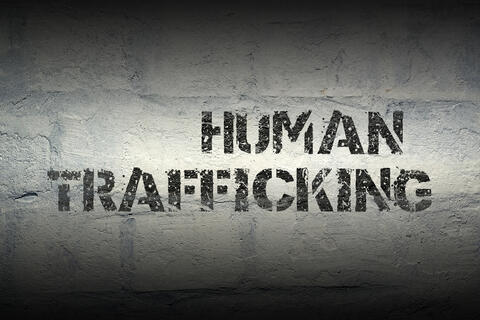In 2002, for a standard company in Turkey to legally start operations it took 53 days and cost 43 percent of gross national income per capita. The cost in Turkey is nearly four times the OECD average, however, a new law has just been passed by the Turkish parliament that is likely to improve the business registration process significantly.
In Australia, Canada, and New Zealand, it only takes two days; in Latvia, 11 days; in Denmark, business registration is free. In the Czech Republic and Germany, the cost is five percent of gross national income per capita. In Bulgaria, the cost is only 9.2 percent.
The figures are found in a database that benchmarks business regulations in over 130 countries, including Turkey, that has just been launched by the World Bank Group. The ‘Doing Business’ database focuses on regulations that enhance or constrain business investment, productivity and growth around the world.
The aim of the database is to help countries identify where they are lagging on reform of business regulation and what steps they could take to improve their regulatory performance. The figures were presented in an investment climate workshop held in Istanbul last week. Five key indicators are covered, spanning the life cycle of firms: business entry regulations, labor regulations, contract enforcement, access to credit markets, and bankruptcy.
Turkey scores better on enforcing contracts. On average, it takes 105 days to enforce a simple commercial contract in the courts. This is more than twice as fast as the OECD average and three times as fast as the regional average. However, it takes only 39 days in the Netherlands, 50 in New Zealand and Singapore, 65 in Armenia, and 75 in Korea and Lithuania.
An index of creditor protection in 2003 shows that Turkey provides the least protection for creditor rights in the region. Turkish creditors have only a third of the protection of creditors in the Czech Republic, Poland, and Germany. Lack of protection for creditor rights makes it much harder for firms to get access to credit.
Turkey has reasonably fast insolvency procedures, but these often impose high costs. The costs to go through an insolvency process in 2003 are eight percent of the value of the bankruptcy estate. This compares with 18 percent in Bulgaria and 15 percent regionally, but with less than one percent in Colombia, Finland, Netherlands, Norway, and Singapore. An inefficient insolvency process has a negative effect on willingness to invest.
"Doing Business will provide policymakers and the public with quantitative measures of business regulations that will facilitate reform efforts of governments," said Michael Klein, vice president, World Bank/IFC Private Sector Development and Chief Economist, IFC.
The mission of IFC is to promote sustainable private sector investment in developing countries, helping to reduce poverty and improve people's lives. IFC finances private sector investments in the developing world, mobilizes capital in the international financial markets, helps clients improve social and environmental sustainability and provides technical assistance and advice to governments and businesses.
From its founding in 1956 through FY02, IFC committed more than $34 billion of its own funds and arranged $21 billion in syndications for 2,825 companies in 140 developing countries. IFC's worldwide committed portfolio as of FY02 was $15.1 billion for its own account and $6.5 billion held for participants in loan syndications. — (menareport.com)
© 2003 Mena Report (www.menareport.com)








